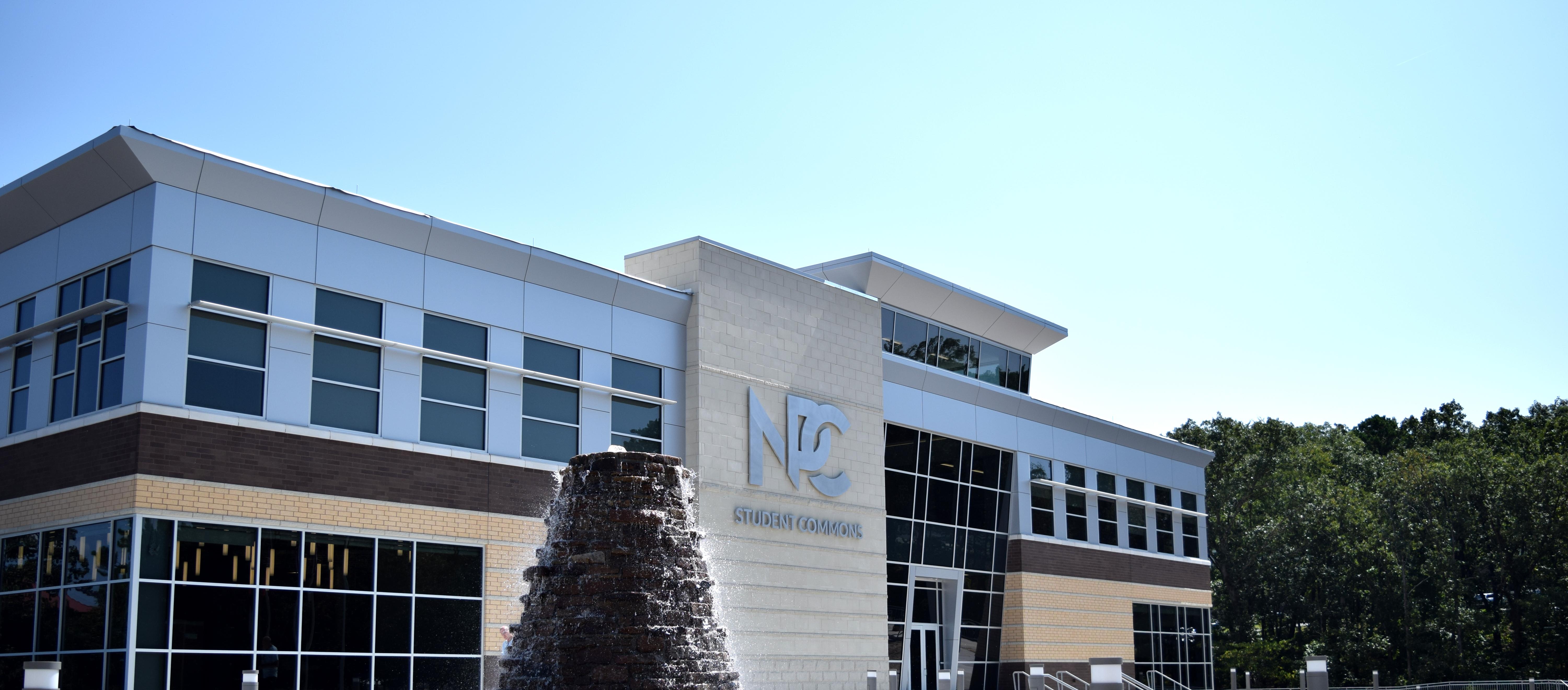| |
Jul 08, 2025
|
|
|
|
|
RESP 2143 - Clinical Practicum I 3 Credits
This course provides students the opportunity to apply previous learning, principles of physics, anatomy and physiology, acid-base knowledge in lab simulation and a clinical care setting. Principles of interdisciplinary team and patient written and oral communication will also be emphasized. Lab/Hospital.
Prerequisite: RESP 2114 Respiratory Care; RESP 1113 Cardio-pulmonary Disease; RESP 1124 Respiratory Equipment & Therapeutics; RESP 2222 Adjunctive & Specialty Respiratory Care
Course Level Objectives
Upon successful completion of this course the student will be able to:
1. Apply scientific principles of physics, pulmonary anatomy and physiology, and acid-base balance with patients in general care and acute care clinical settings. (PLO 1, 3)
2. Explain the etiology, anatomy, pathology, diagnosis, and treatment of cardiopulmonary diseases (e.g. asthma, chronic obstructive pulmonary disease) and co-morbidities. (PLO 3)
3. Apply current knowledge of patient by obtaining past medical, surgical and family histories before delivering respiratory care to patients. (PLO 1, 3)
4. Demonstrate competence in patient assessment-both subjective and objective data collection by performing physical assessment by inspection to evaluate patient’s breathing effort, vital signs, accessory muscle use and ventilatory pattern, chest and extremity deformities or anomalies. (PLO 1, 3, 5)
5. Collect social, behavioral, and occupational history and other historical information incident to the purpose of the current complaint.(PLO 1, 4)
6. Complete a patient assessment through physical examination, chart review and other means as appropriate and interact with healthcare team members about assessment results. (PLO 1, 3, 4)
7. Engage patients through communication and education of their disease process. (PLO 1, 6)
8. Competently administer, monitor, and evaluate the effectiveness of respiratory therapeutics; modifying therapies based on patient response to treatment. Evaluate monitoring of patient’s clinical condition with pulse oximeter, electrocardiogram, exhaled gas analysis, and other related devices and document oxygen saturation under all appropriate conditions (i.e. with /without oxygen, during rest, during sleep, with ambulation, etc ). (PLO 1, 2, 3)
9. Analyze and ensure accurate results of various types of samples to determine cardiopulmonary function. Including hemodynamic profiles, interpretation of electrolytes, complete blood count, and other related tests. (PLO 1, 2, 3)
10. Demonstrate skill in arterial puncture and interpretation of arterial blood gas results. (PLO 2)
11. Apply and demonstrate principles of effective oral and written communication with patients, families and interdisciplinary team and correctly use relevant terminology during those communications. (PLO 4, 5, 6)
12. Perform basic spirometry and interpret pulmonary function studies, lung volumes and diffusion studies. Explain indications and contraindications for advanced pulmonary function testing. (PLO 1, 2, 3)
13. Demonstrates proficient use of data systems in practice for clinical use. (PLO 1, 3, 5)
Add to Portfolio (opens a new window)
|
|

